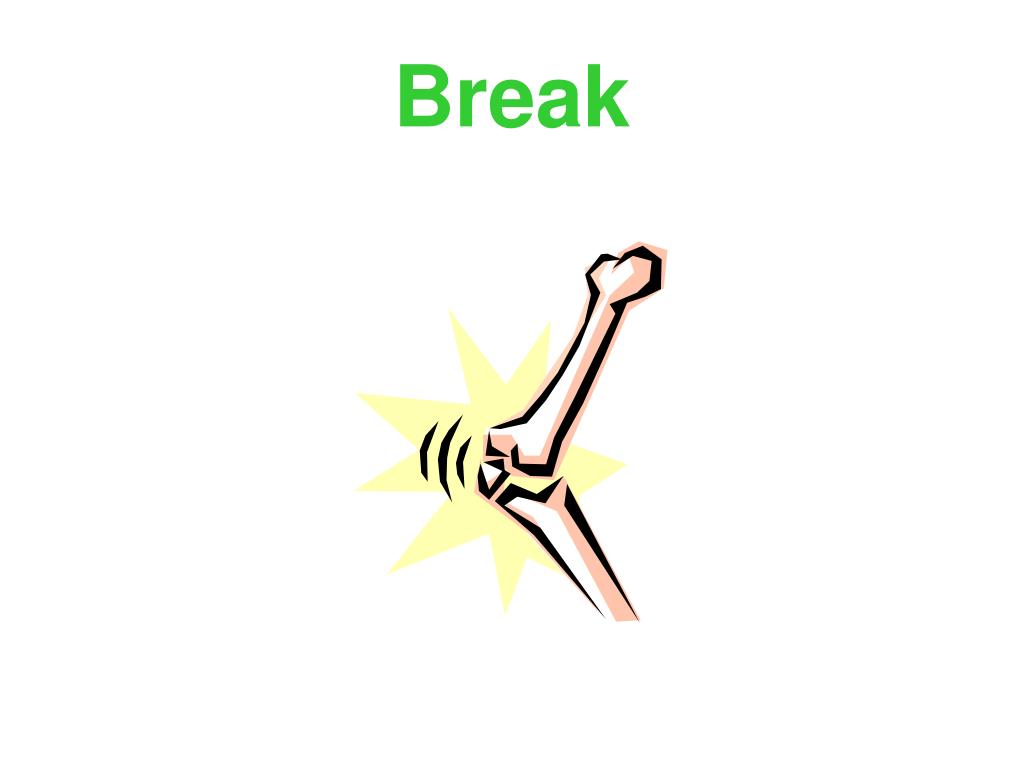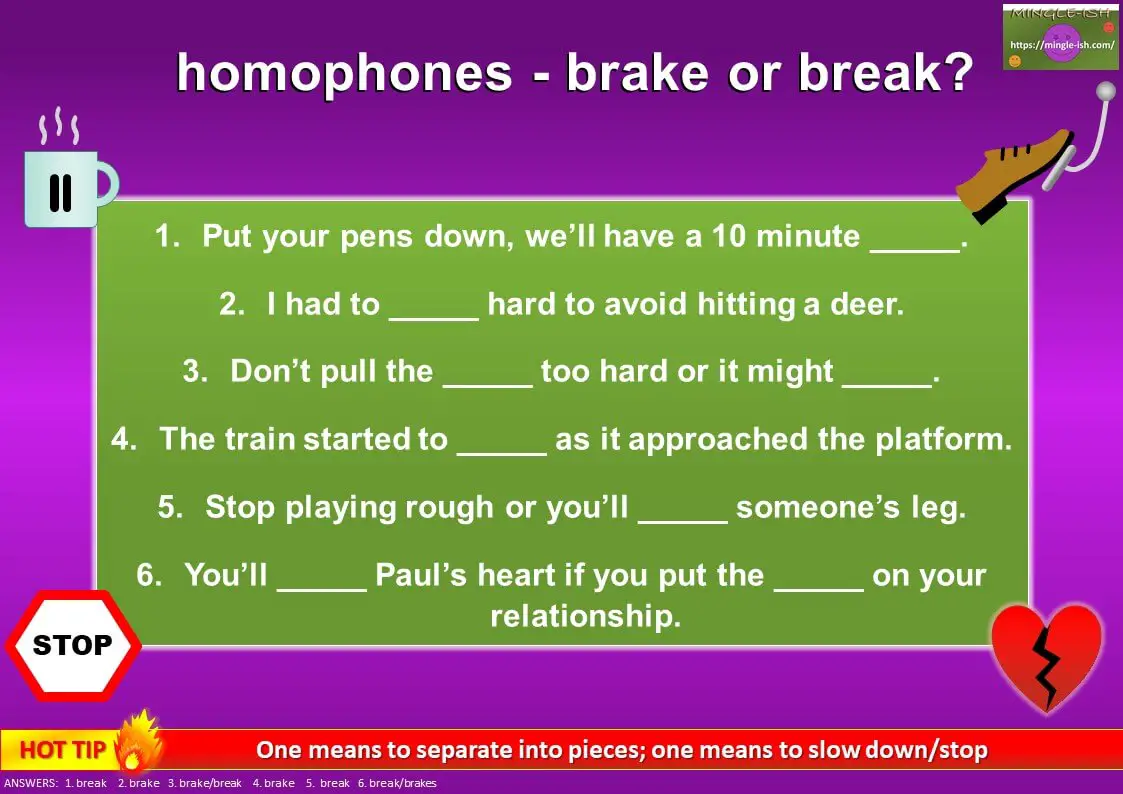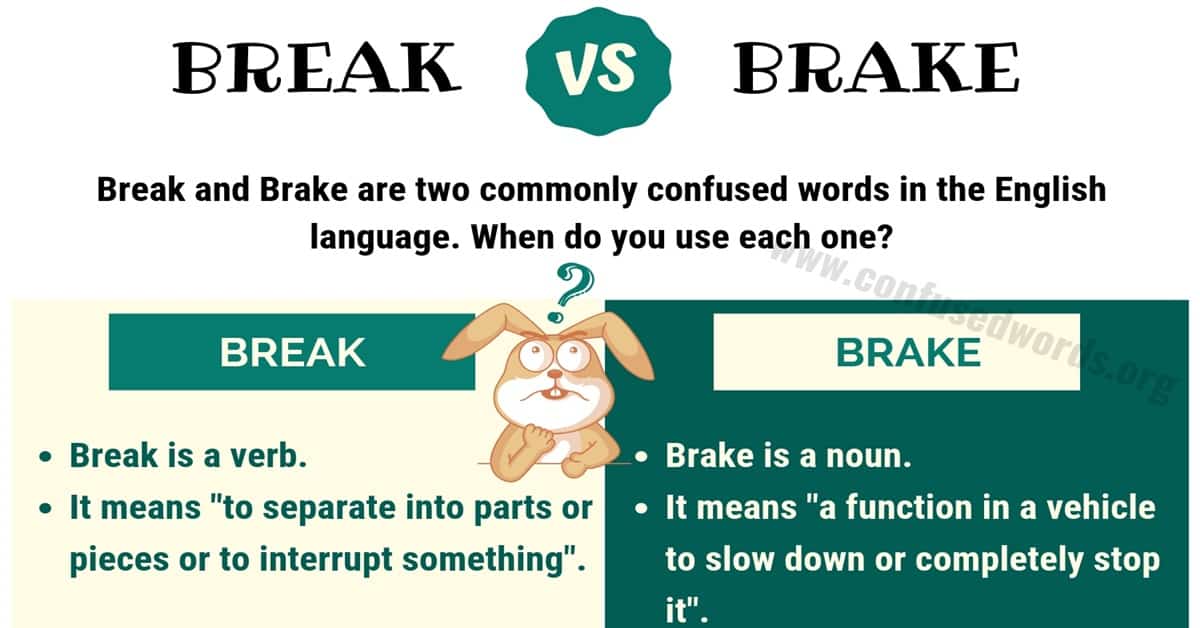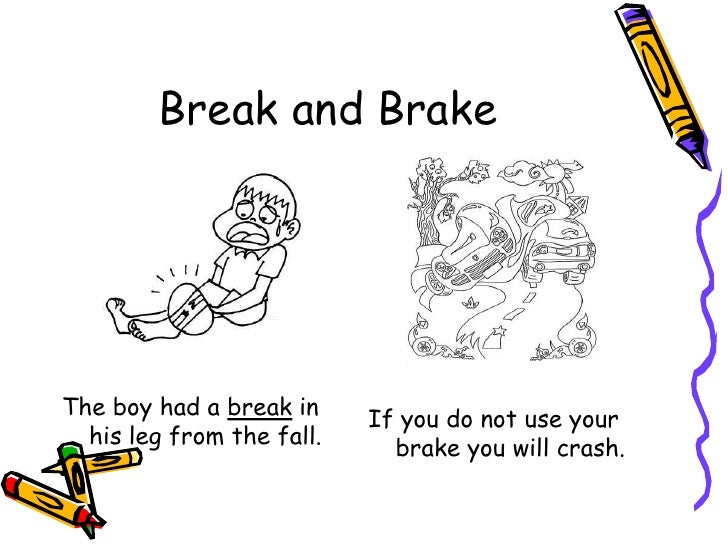
Quia Homophone Match
According to The Online Etymology Dictionary, both break and brake come from the same origin, which explains why the words are so similar. •. Break comes from the Old English ' brecan ' which means: " to break, shatter, burst; injure, violate, destroy, curtail; break into, rush into; burst forth, spring out; subdue, tame ".

PPT Homophones PowerPoint Presentation, free download ID2752045
homophone, one of two or more words that sound the same but have distinctly different meanings. Homophones may be spelled differently, as in the words here and hear, or identically, as in the different meanings of the word bat, which can be defined as a stout stick or club or as a nocturnal flying mammal.The term homophone derives from the Greek words homos, meaning "same," and phōnē.

PPT Homophones PowerPoint Presentation ID2444966
The following list of 70 homophone pairs contains only the most common homophones, using relatively well-known words. These are headwords only. No inflections (such as third person singular "s" or noun plurals) are included. You can see more homophones in the graded homophones lists above.

breakbrake Confused Words(Homophones,Homonyms) Meaning with ExampleGoogul Dictionary YouTube
"Break" refers to splitting something into pieces or to rest by "splitting" an activity into smaller parts. Homophones Definition A homophone is a word that sounds the same as another but is.

Homophone Challenge Break or Brake? Homophones, Online tutoring, English language curriculum
The verb form of brake is brake or braking. And you use it when referring to stopping your vehicle. There's actually a fine line between the noun and verb forms of it. If you hit the brake, that's the noun. But using the brake is also called braking, which is the verb. Meaning and Usage of 'Break' as a Noun I know.

120+ Homophones with examples Mingleish
As a verb, brake refers to the actual action of slowing or stopping. ( 7 self-editing processes for writers .) Break, on the other hand, has nearly an entire page of definitions as both a noun and verb in my 1,500-page desk dictionary.

Break vs. Brake What's the Difference between Brake vs. Break? Confused Words
What is a homophone for break? Homophone: Homophones are words that sound the same but have different meanings, spellings, or origins. A homophone can be confusing and leads to spelling.

Homophones, sentences, and examples of words break and brake Homophones examples with
'Break' and 'brake' are homophones which means they sound the same but are different words with different meanings spelled differently. These can be tricky for a lot of people, but sometimes thinking of the word in another tense can help you with spelling. For example: 'Break,' which can mean to shatter or divide, can also be used as broken.

Learn English Language Homophones break brake, stair stare, deer dear, and a bonus word
A homophone is each of two or more words that sound the same but have different meanings and often different spellings. English includes thousands of homophones. Because they are both similar and different, homophones can sneak past native speakers, so we can understand how they might especially puzzle those who are new to the language.

Homophones worksheets red/read, brake/break etc Teaching Resources
"Break" and "brake" are homophones, meaning that they're pronounced the same, but have different definitions and spellings. We'll teach you how to use these words correctly. "Break" and "brake" are homophones. Both break and brake can be used as a noun or a verb.

Which of the Following Pairs of Words Are Homophones
The Grammar Guide Homophones: Definition and Examples What Is a Homophone? A homophone is a word that sounds the same as another word but is usually spelled differently and has a different meaning. Homophones may consist of two or more words, although pairs are more common than three or more words that sound the same.

PPT Homophones PowerPoint Presentation, free download ID2115790
The homophones brake and break sound identical and occupy the same parts of speech, but have very different definitions. Brake can function as a noun ("a device used to prevent the motion of something") and can also be used as a verb ("to apply a brake on a vehicle").

English 10 homonyms with meanings and sentences Break Brake Break pause, stopover Brake
Break vs. brake is an example of a set of homophones. What is the Difference Between Break and Brake? Since these words are so close in their spelling—and identical in their pronunciation—it's that much more important to keep track of them and not mix them up.

PPT Word Work Review of Commonly Confused Homophones PowerPoint Presentation ID2115912
The word "homophone" is used to describe a word that sounds the same as another word, but that has a different meaning. It comes from the Greek words "homo", meaning "same", and "phone", meaning "voice". The two (or more) words may be spelled differently, but just to make life difficult, they can also be spelled the same.

The Book of Homophones
Some common examples of homophones, including the words used in a sentence, are: brake/break: When teaching my daughter how to drive, I told her if she didn't hit the brake in time she would break the car's side mirror. cell/sell: If you sell drugs, you will get arrested and end up in a prison cell.

Lesson 7 Homophones Brake break YouTube
Write with Grammarly Types of homophones Not all homophones are the same. When two words sound the same, but are spelled differently and have different meanings, they are known as homonyms. For example, "knead" and "need" are homonyms as well as homophones. Homophones can be further classified as homographs and heterographs.